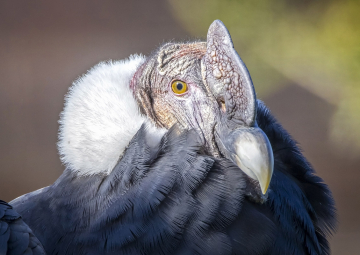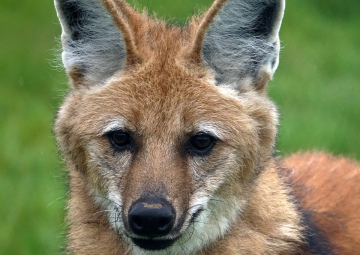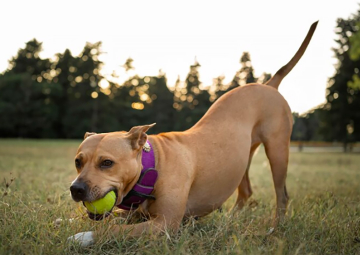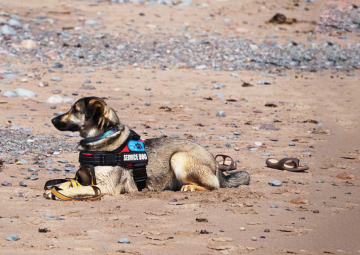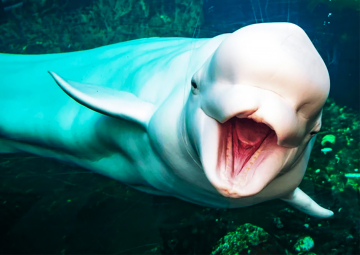GENERAL
Has he forgotten it?

Sometimes when we are training with our animals we find peculiar situations and we realize that we do not differ so much from each other, because suddenly, we see that they have forgotten a behavior that seemed well learned.
Can they forget something like we do?
We won’t go into detail about what forgetfulness is because we consider it a long, complicated subject. We will simply say that it is an involuntary state consisting of the loss of a memory. As our animals must remember a behavior associated with a signal, we will say that yes, they can forget as we do.
There are many factors by which we think that an animal can forget a particular behavior. These factors can be:
- Not asking for that specific behavior for a long time.
- Unfinished learning.
- Behaviour that has not been widespread or generalised in several contexts.
- An example could be that we ask the animals to perform a certain behavior always from the same position or moment in the session, and one day we decide to change it. It is then that we see that the animal seems to have forgotten the behavior.
- A voluntary extinction1 of the conduct.
- Forgotten by repression2.
- A functional or physiological injury (disease, advanced age, etc.)
However, what happens when we are teaching a new behavior and our animal gets confused?
On one hand, you can produce what we know as proactive inhibition; a process in which learning a new behavior is negatively interfered with by a behavior already learned. This means, that our animal forgets the new behavior and instead performs the already known.
In addition, when we are training with our animals, we may also encounter another type of interference.
On the other hand, there is retroactive inhibition. The previously learned behavior is affected by the newly trained behavior, causing the animal to not remember the acquired behavior and instead perform the new.
Although it can be a normal process that is part of learning sometimes, there are some different tips to avoid or decrease these type of inhibitions. It is important to be clear with the cues that we train and the scenario in which we train with our animal in order to provide the information in the most accurate way.
For example, if we train an animal to perform a behavior in a specific place or in a certain position, when we want to train another behavior we have to assess whether we want to, or not, initially teach it in the same place and position as the previous one.
So we must bear in mind that the similarity of the scenario that the animal will be in can complicate the learning, causing a proactive inhibition; only showing us the behavior that was trained first.
This type of interference can be produced mainly by the reinforcement history, either with a particular trainer or by the magnitude of the reinforcement.
The behavior previously learned has a higher reinforcement history than the new behavior and, that’s why, the animal confuses and performs the behavior already known in order to obtain reinforcement.
Or on the contrary, a behavior in learning phase is being highly reinforced and, due to that magnitude of reinforcement, it is common for the animal to offer us the behavior we are in the process of training instead of one previously acquired.
This is one of the reasons why we find trainers sometimes saying: "With me he responds good", "With me he does not confuse", etc. This does not mean that the other trainers are doing something wrong, but instead possibility have a minor reinforcement history with that particular animal or behavior.
For this reason, at Wezooit we think that, to avoid this, it is essential to generalize the behavior as soon as possible and ensure that our animal can perform it in different situations and/or with different trainers, in addition to finding a good balance of reinforcement between acquired and newly conditioned behaviors.
And remember, if it’s possible… WeZooit!
SHARE
For any questions, contact us.
1 Elimination of reinforcement of previously reinforced conduct.
2 Defense mechanism by which an individual removes a memory after an aversive experience.













